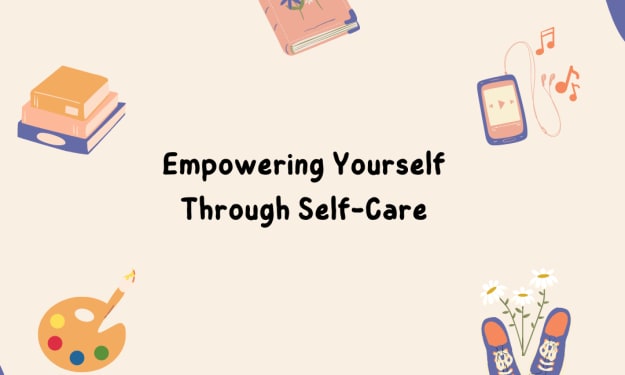The power of respect: building stronger connections and fostering harmony
The essence of respect

The Power of Respect: Building Stronger Connections and Fostering Harmony Respect is a fundamental value that lies at the core of human interactions. It is the bedrock upon which harmonious relationships are built. In a world that often seems divided and polarized, cultivating respect for one another has never been more crucial. Whether it be in personal relationships, professional settings, or even global affairs, respect has the power to bridge gaps, promote understanding, and foster a sense of unity. In this article, we will explore the significance of respect and its transformative effects on individuals and societies. At its essence, respect involves recognizing and valuing the inherent worth and dignity of every individual. It is a mindset that enables us to acknowledge and appreciate the unique qualities, perspectives, and experiences that others bring to the table. Respect is not contingent upon agreement or conformity; rather, it emphasizes the importance of empathy, open-mindedness, and tolerance. In personal relationships, respect serves as a cornerstone for building trust and intimacy. When individuals feel respected, they are more likely to be vulnerable, share their thoughts and emotions, and engage in meaningful conversations. Mutual respect creates a safe and nurturing environment where differences can be discussed, conflicts can be resolved amicably, and genuine connections can flourish. In a professional context, respect is vital for fostering a positive work environment. When employees feel respected by their superiors and colleagues, they are more motivated, engaged, and productive. Respectful communication and collaboration lay the groundwork for effective teamwork, creativity, and innovation. Moreover, respectful leaders inspire and empower their team members, leading to enhanced job satisfaction and overall organizational success. Respect extends beyond individual relationships and permeates society as a whole. A society built on respect is one that values diversity, promotes equality, and upholds human rights. Respectful communities embrace the richness of multiculturalism and appreciate the contributions of individuals from various backgrounds. In such environments, people are more inclined to listen to each other, seek common ground, and work together towards shared goals. One of the profound effects of respect is its ability to break down barriers and bridge divides. By approaching others with respect, we can dismantle prejudices, challenge stereotypes, and eradicate discrimination. Respect encourages dialogue and promotes a deeper understanding of different perspectives. It fosters empathy, enabling us to see the world through the eyes of others and appreciate the challenges they face. Furthermore, respect cultivates a culture of civility and enhances conflict resolution. When disagreements arise, respect allows us to engage in constructive discussions rather than resorting to hostility or aggression. By maintaining respect, even in the face of disagreement, we can promote healthy debate, find common ground, and reach mutually beneficial solutions. Respectful conflict resolution ensures that all voices are heard and valued, leading to more inclusive and equitable outcomes. The impact of respect is not confined to interpersonal dynamics; it extends to global affairs as well. In an interconnected world, where nations are increasingly interdependent, respect serves as the foundation for peaceful coexistence. Respectful diplomacy allows nations to navigate differences, resolve disputes, and collaborate on global challenges. It promotes dialogue over conflict, cooperation over competition, and understanding over hostility. History is replete with examples where respect, or the lack thereof, has shaped the trajectory of nations and influenced the course of events. Respectful leaders have the ability to inspire their followers, foster unity, and rally diverse populations towards a shared vision. Conversely, disrespect and the absence of mutual understanding have led to deep divisions, animosity, and even armed conflicts. In order to cultivate respect in our lives, we must start with ourselves. Self-respect is the cornerstone upon which respect for others is built. By recognizing our own worth and treating ourselves with kindness and compassion, we are better equipped to extend the same treatment to others. Self-reflection





Comments
There are no comments for this story
Be the first to respond and start the conversation.